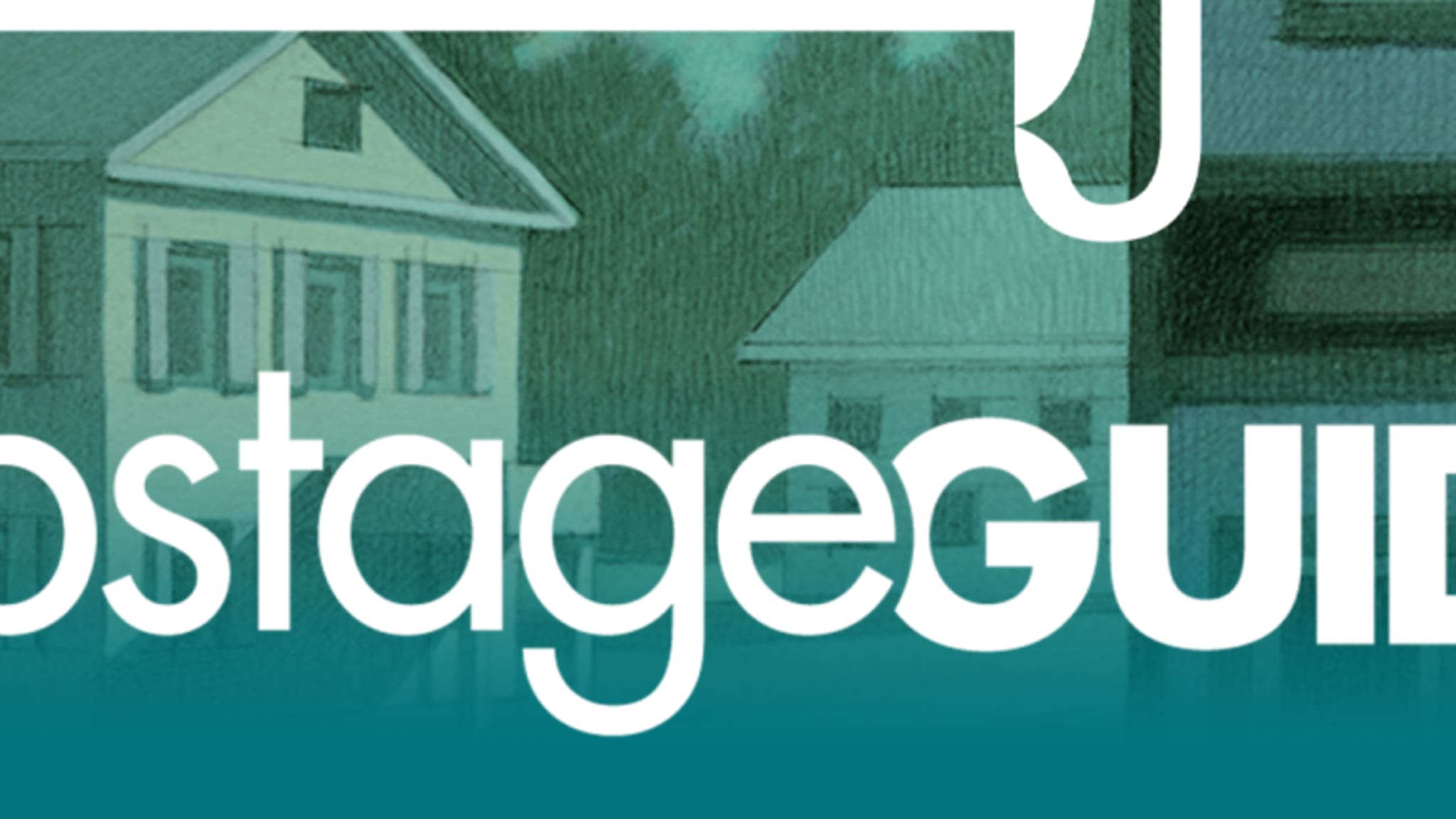Payroll managers are a vital part of the theatrical workforce. "We make sure everybody gets their paycheck so they can pay rent and eat," Jessica Hart, Roundabout’s Payroll Manager for Productions and Theatres, said.
Each week, payroll managers receive information about every employee’s work during the previous pay period and translate all of that data into individual paychecks. “Mondays are our crazy days. The company managers for each theatre send us information on everyone that worked the week before. We filter it and put it into a specific payroll system called ADP.”
Payroll systems are software programs that help calculate and track not just an employee’s hours worked, but how much needs to be withheld for federal, state, and local taxes; how much is taken out for voluntary deductions like health insurance costs or union dues; and any mandatory, court-ordered deductions like unpaid child support. Payroll systems also generate pay statements for employees and can maintain the detailed payroll records required by the government.
Skills Needed
Payroll managers work with numbers every day. Despite this, you don’t have to be a math whiz to succeed in the job. “I was never a math person in high school,” Hart said. “I thought I would never go into a math field. But the great thing about [payroll] is that there are so many systems in place to double check your work. I have numeric dyslexia, so threes and eights and fives and twos often are switched. But the systems double check everything for you.”
Hart also pointed out how other theatre skills are integral to her work. “Like run crew or technical theatre, it takes a keen eye. You have to go through a lot of information and data, measuring board to fit it into a set piece, or taking all of this data and putting it into other systems.”
Career Path
Payroll managers are generally required to have a bachelor’s degree and experience in using payroll software. Beyond that, there are many career paths that can lead to the job. “I went to clown school,” Hart said. “I thought I wanted to be a clown. I still write plays. I think that the great thing about theater is you don't have to fit into one thing. There are hundreds upon hundreds of jobs, so if you love theatre and you love being a part of making it, there is a place for you.”



